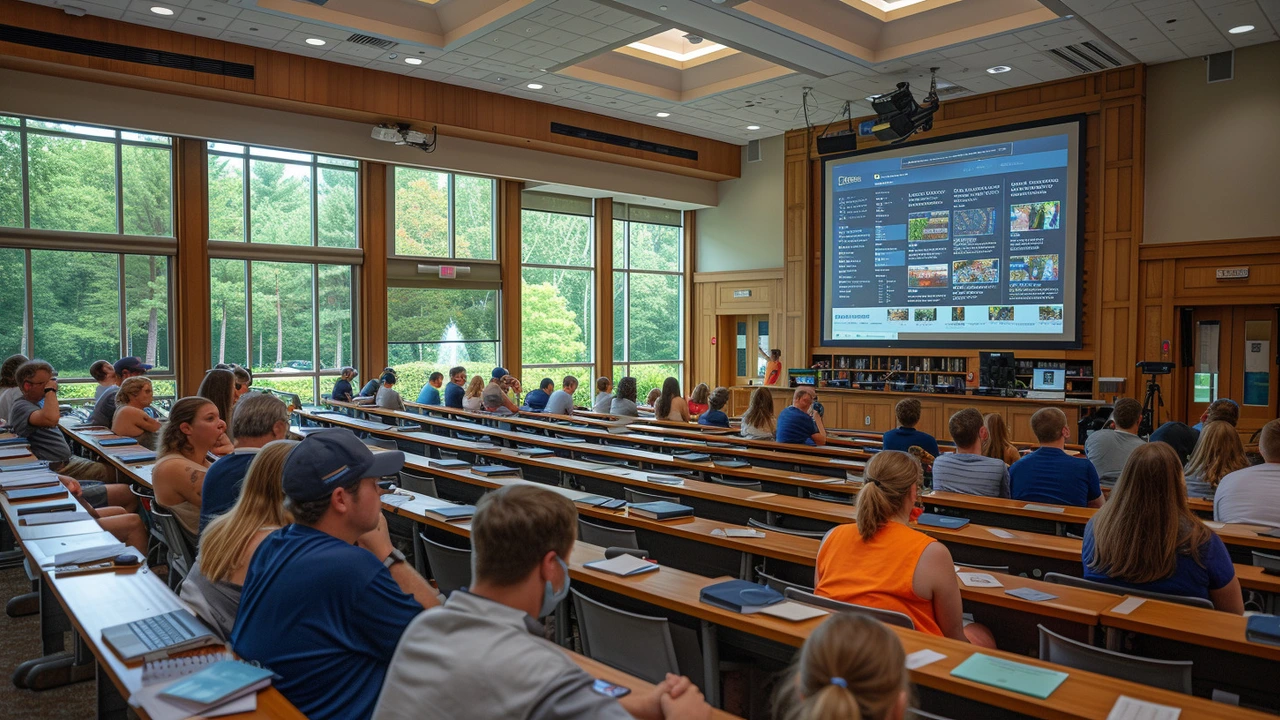Successful Programming: Practical Steps That Actually Work
Want to be a successful programmer without burning out or chasing useless shortcuts? Start with clear habits you can repeat every day. Success in coding comes from small routines that add up: reading the problem, writing simple tests, and shipping code that’s easy to change tomorrow.
First, focus on the fundamentals. Learn how the language you use handles data, errors, and I/O. If you use Python, know lists, dicts, and exceptions well. If you’re into AI, learn how models are trained and how data flows through a pipeline. Fundamentals make debugging faster and keep your design choices sensible.
Speed without sacrificing quality
Speed comes from discipline, not panic. Use keyboard shortcuts and snippets to avoid repetitive typing. Set up a few templates for new projects and standardize your folder layout so you don’t waste time deciding where files go. Timebox work: 45–90 minute focused sessions work better than endless grinding.
Write small, testable units. Unit tests stop regressions and save hours chasing obscure bugs. Run tests on every commit or at least before merging to a main branch. Use automated linters and formatters to remove style debates from code reviews—automatic rules keep pull requests focused on logic, not formatting.
Debugging and problem solving
Good debugging is the fastest path to better code. Reproduce the bug with a minimal example. Add print statements or use a debugger to inspect values step by step. When a bug hides in a race condition or async flow, try simplifying concurrency or adding logs with timestamps. If you get stuck, explain the problem out loud or write a short note—verbalizing often reveals the missing piece.
Keep a troubleshooting checklist: reproduce, narrow scope, add assertions, write a failing test, fix, and refactor. This structure turns random bug hunts into repeatable work. Save useful snippets and commands in a personal cheatsheet so you don’t hunt through docs every time.
Collaborate to level up faster. Code reviews catch logic errors and spread good habits. Pair programming helps when a problem feels impossible solo. Review feedback with a growth mindset: pick one thing to improve each week and apply it immediately.
Finally, choose learning that sticks. Follow step-by-step tutorials for new tech, but always build a tiny real project to force awkward edge cases. Read short, focused posts on specific tricks—like Python list comprehensions, efficient debugging steps, or AI data checks—and practice them in code. Small wins compound: a reliable test suite, clean repo structure, solid debugging habits, and steady practice will make programming success feel normal, not rare.
Want quick starter ideas? Create a one-week mini-project, add unit tests, and use a linter. In one week you’ll learn setup, testing, and shipping—every developer skill that matters. Keep iterating from there.

